
Birds are some of the most fragile types of animals. This can be hard to believe considering that some birds can outlive their owners. However, most people are familiar with the image of a miner carrying a canary into a mine with them. The fact that the birds would die if the air in the tunnels was unhealthy, effectively serving to warn the miners well before it became deadly for humans, is a testament to how sensitive these birds can be.
Just like birds found in the wild, pet birds are susceptible to unhealthy odors as well. Many household items, Teflon pans, aerosol sprays and even furniture polish, can be lethal to birds. The best policy when handling anything that may give off a strong odor is to use it in a well-ventilated area that is well away from your birds.
Pet birds have a strong desire to chew, and this can prove to be a serious danger. Lead poisoning can be caused when a bird chews on soldered joints found on welded items. In addition, birds like to nibble on potted plants. Despite contrary belief, poinsettia plants are not poisonous. It is important to remember that if you are unsure if a plant is toxic or not, it is best to err on the side of caution and move the plant away from the bird. To provide your birds with a safe alternative, a small pot of parsley can help avoid the temptation of nibbling on your houseplants.
Feeding your birds fresh food is usually good for them; however, avocado, coffee and chocolate, are toxic to birds and should never be fed to them.
As the holiday season approaches, most people will bring a tree into their house. Many people associate a tree with a birds natural habitat and assume that their birds will enjoy climbing it. While the birds may in fact enjoy such an activity, many pine trees are toxic to birds, especially if they have been treated with any type of preservatives. In addition, ornaments and electric lights can pose a safety hazard to your birds.
If your bird does not have its wings clipped, there are quite a few additional safety concerns to be addressed. First, all windows and glass doors should be covered in some way. The best way to do this is with curtains or shades. An alternative to curtains or shades is placing safety decals on the glass so your birds can tell the glass is there and avoid serious injury or even death. Mirrors and other large reflective surfaces should be treated similarly when your bird is out of its cage.
Standing water can also be a hazard. Your bird can drown in a toilet or full kitchen sink in a matter of seconds. Cooking while a bird is out of its cage is not advised, especially if you have an uncovered pot on the stove.
Finally, always be mindful of the whereabouts of your bird even if its wings are clipped. On an updraft, even a bird with clipped wings can glide for quite some distance. It is easy to forget that your bird is perched on your shoulder when your doorbell suddenly rings and you rush to answer it but you must remember never to carry your bird to an open door regardless of whether or not its wings are clipped.
Moses Wright is a pet lover and loves to help new pet owners deal with their home pet problems. You can find more home bird care problems and solutions on his site.
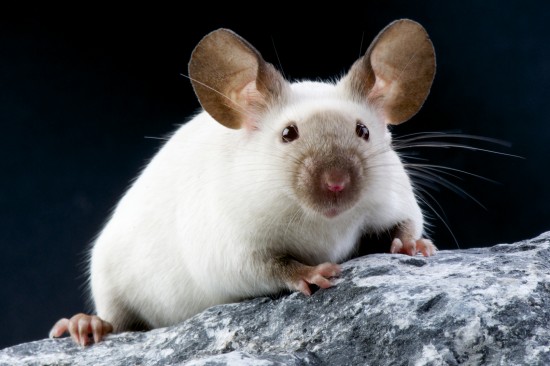 Fun Interesting Facts About Mice
Fun Interesting F
Fun Interesting Facts About Mice
Fun Interesting F
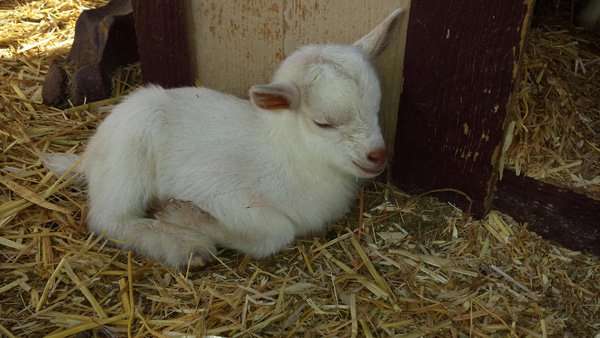 For affordable pet boarding services contact the leading company
For affordable pet boarding services contact the leading c
For affordable pet boarding services contact the leading company
For affordable pet boarding services contact the leading c
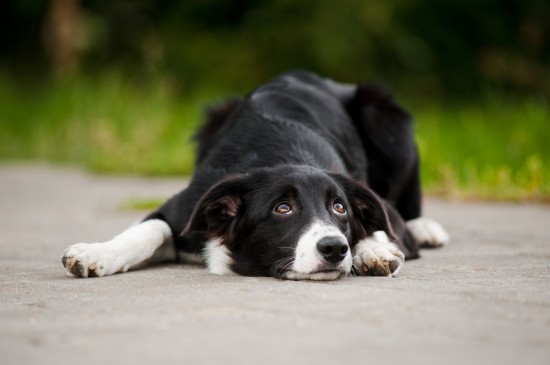 Recognising When A Dog May Be Suffering
Recognising When
Recognising When A Dog May Be Suffering
Recognising When
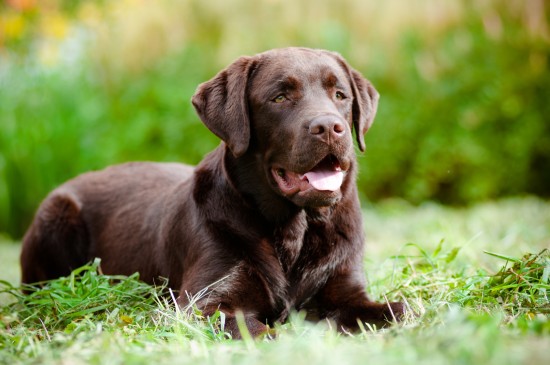 How To Cope With Shedding And Dry Skin In Labrador Retrievers
How To Cope With
How To Cope With Shedding And Dry Skin In Labrador Retrievers
How To Cope With
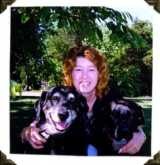 Dumb Dogs
Dumb Dogs
Copyright © 2005-2016 Pet Information All Rights Reserved
Contact us: www162date@outlook.com